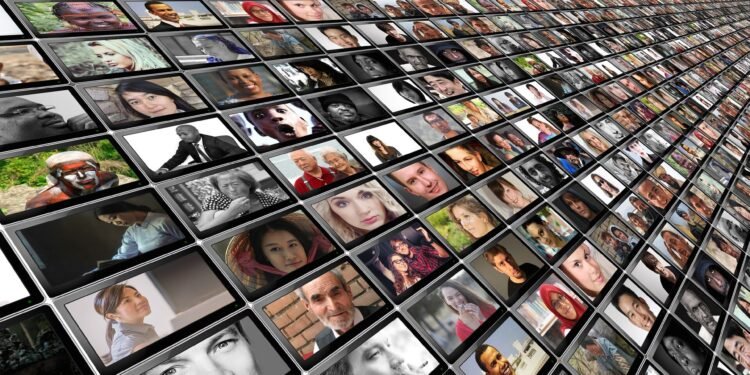
Facebook acknowledged in a Senate inquiry yesterday that it is scraping the public photos of Australian users to train its artificial intelligence (AI) models.
Facebook’s parent company Meta claims this excludes data from users who have marked their posts as “private,” as well as photos or data from users under the age of 18.
Since companies such as Meta aren’t required to tell us what data they use or how they use it, we will have to take their word for it. Even so, users will likely be concerned that Meta is using their data for a purpose they didn’t expressly consent to.
But there are some steps users can take to improve the privacy of their personal data.
Data hungry models
AI models are data hungry. They require vast amounts of new data to train on. And the internet provides ready access to data that’s relatively easy to ingest in a process that doesn’t distinguish between copyrighted works or personal data.
Many people are concerned about the possible consequences of this wide-scale, obscure ingestion of our information and creativity.
Media companies have taken AI companies such as OpenAI to court for training models on their news stories. Artists who use social media platforms such as Facebook and Instagram to advertise their work are also concerned their work is being used without permission, compensation or credit.
Others are worried about the chance AI could present them in ways that are inaccurate and misleading. A local mayor in Victoria considered legal action against ChatGPT after the program falsely claimed he was a guilty party in a foreign bribery scandal.
Generative AI models have no capacity to ascertain the truth of the statements or images they produce, and we still don’t know what harms will come from our growing reliance on AI tools.
People in other countries are better protected
In some countries, legislation supports ordinary users from having their data ingested by AI companies.
Meta was recently ordered to stop training its large language model on data from European users and has given those users an opt-out option.
In the European Union, personal data is protected under the General Data Protection Regulation. This law prohibits the use of personal data for undefined “artificial intelligence technology” without opt-in consent.
Australians don’t have the same option under existing privacy laws. The recent inquiry has strengthened calls to update them to better protect users. A major privacy act reform was also announced today that’s been several years in the making.
Three key actions
There are three key actions Australians can take to better protect their personal data from companies such as Facebook in the absence of targeted legislation.
First, Facebook users can ensure their data is marked as “private.” This would prevent any future scraping (although it won’t account for the scraping that has already occurred or any scraping we may not know about.)
Second, we can experiment with new approaches to consent in the age of AI. For example, tech startup Spawning is experimenting with new methods for consent to “benefit both AI development and the people it is trained on.” Their latest project, Source.Plus, is intended to curate “non-infringing” media for training AI models from public domain images and images under a Creative Commons CC0 “no rights reserved” license.
Third, we can lobby our government to pressure AI companies to ask for consent when they scrape our data and ensure that researchers and public agencies can audit AI companies for compliance.
We need a broader conversation about what rights the public should have to resist technology corporations using our data. This conversation also needs to include an alternative approach to building AI—one that is grounded in obtaining consent and respecting peoples’ privacy.
The Conversation
This article is republished from The Conversation under a Creative Commons license. Read the original article.![]()
Citation:
Facebook has scraped public data from Australian users without an opt out. What can be done? (2024, September 12)
retrieved 12 September 2024
from https://techxplore.com/news/2024-09-facebook-australian-users-opt.html
This document is subject to copyright. Apart from any fair dealing for the purpose of private study or research, no
part may be reproduced without the written permission. The content is provided for information purposes only.









